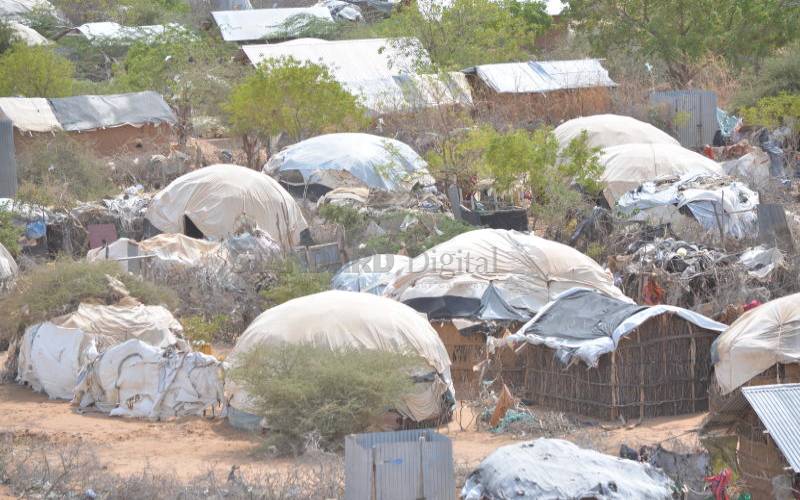
The Double Effect Theory advanced by Saint Thomas Aquinas in his work 'Summa Theologica' offers an interesting moral framework to weigh in on the government’s decision to close Dadaab and Kakuma refugee camps. Thomas Aquinas is one of the greatest theologians of all time. He has influenced Christian and religious thinking over centuries on issues of this kind.
The Double Effect Theory is used in moral cases in which a decision will result in both good and bad effects. In the case of the government’s announcement, it will close the refugee camps, the result will surely be good and bad. Good, if we give the benefit of doubt to the government, and in the government’s word that it is handling a security threat.